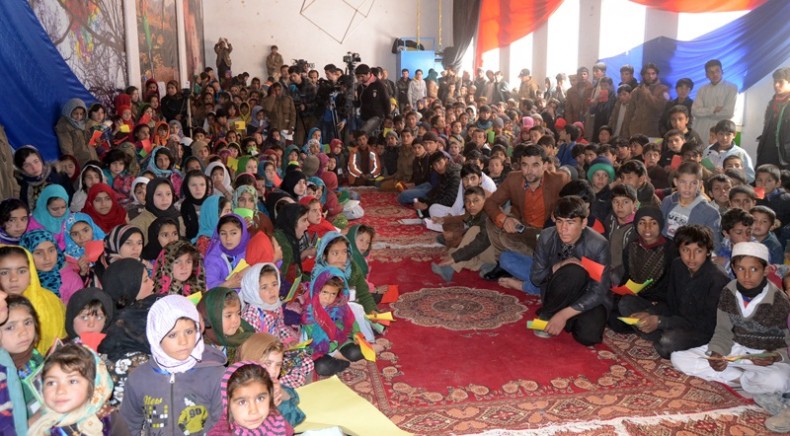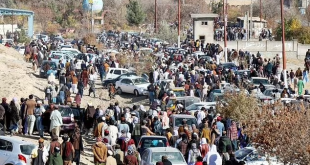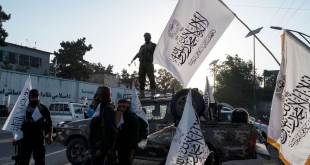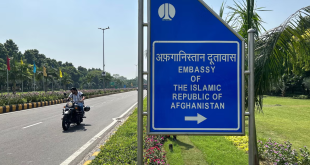AT Report News
KABUL: On Tuesday, Ministry of Labor and Social Affairs (MoLSA) and UNICEF launched the workshop to discuss the child Protection in Emergencies Operational Strategy that provides an opportunity for a strategic level and evidence-based discussion among child protection in emergencies partners to apply new ways of working that fits the current context and co-construct collective outcomes and strategies that addresses the critical needs and response priorities of children in need of care and protection during and beyond emergencies.
This workshop is necessary for Government and UNICEF partners to identify and apply new ways of working that fits the current political and humanitarian context and to co-construct collective outcomes and strategies that addresses the critical needs and response priorities of children in need of care and protection during and beyond emergencies.
Unfortunately, children comprise 60 per cent of persons in need in of humanitarian assistance and continue to be disproportionately affected by armed conflict and severe natural disasters. The persistent violence, including exploitative child labour, child marriage and denial of access to essential services – particularly healthcare and education – have all undermined children’s right to a safe and protective environment, compromising their physical and psychological wellbeing.
Over the past years in Afghanistan, humanitarian actors have increasingly sought to bridge the gap between humanitarian and development interventions, in recognition that principled humanitarian actions can kick-start recovery and build longer-term resilience among affected population groups. Though humanitarian involvement in development activities has remained limited in both scale and ambition, MoLSA in collaboration with UNICEF and in partnership with relevant government institutions, child protection and humanitarian non-governmental organizations, and local communities, are working towards strengthening child protection systems to prevent and respond to abuse, violence and exploitation of children in all settings throughout Afghanistan.
Mr. Ghulam Haidar Jelani, Deputy Minister of Labor and Social Affairs said, “ We will not make significant policy shifts in the areas of child protection and social protection at this point in time, but we will surely bridge the gap between humanitarian and development nexus and co-construct collective outcomes and strategies that addresses the critical needs and response priorities of children in need of care and protection during and beyond emergencies.”
In her remarks, Acting Representative for UNICEF Afghanistan, Sheema Sen Gupta affirmed UNICEF’s commitment to continue to work tirelessly with the Government of Afghanistan to improve the lives of children in Afghanistan and deemed the strategy vital for the children of Afghanistan, “This workshop and the strategy developed will help to get children’s issues and protection higher on the political and public agenda; ensure that the wellbeing and rights of the children are at the core of our work and commitment.”
Translating this strategy into concrete action is an important next step if we are to make gains in addressing child protection in Afghanistan and help children in Afghanistan to be protected and their rights adhered to.
Current statistics, show children continue to be the most disadvantaged as the result of the on-going emergencies in Afghanistan.
The Government and UNICEF have worked together continuously in Afghanistan since 1949, making it one of the longest-serving partnerships in the country. For over 65 years UNICEF has supported GoIRA in the promotion of the rights of children and women in Afghanistan, especially those who are most in need.
 Afghanistan Times
Afghanistan Times




